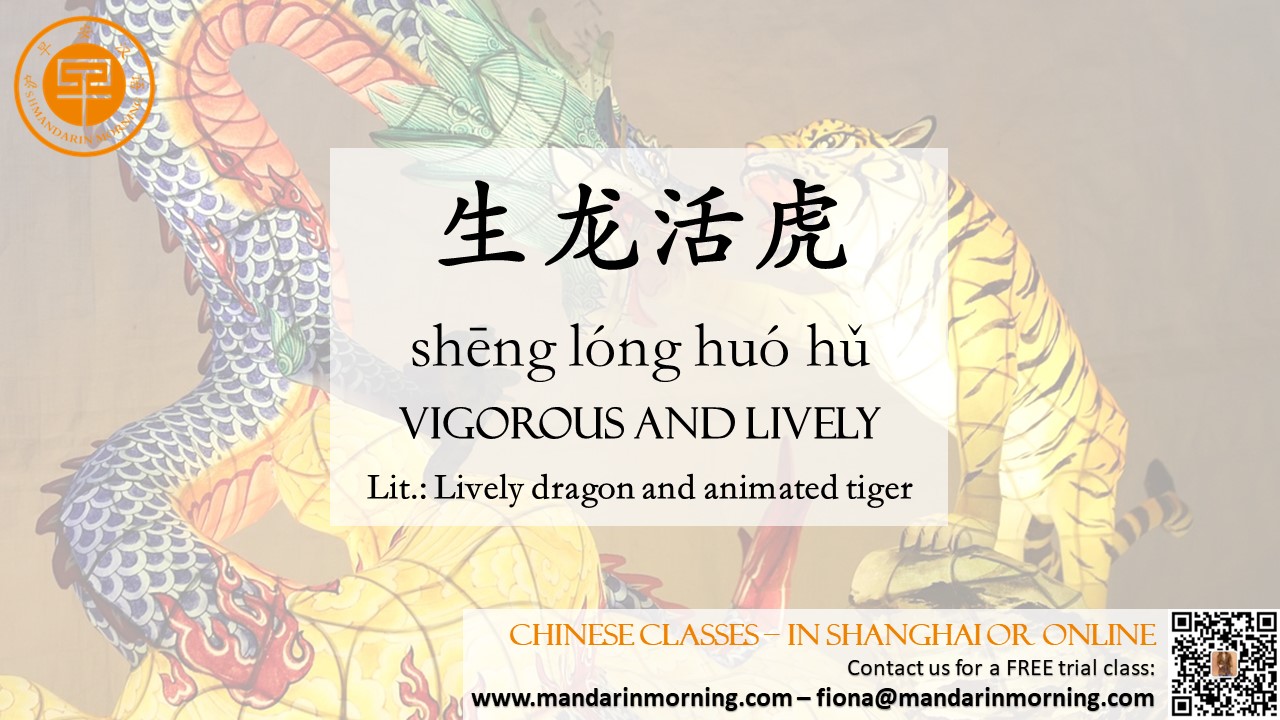| In Chinese culture, dragons are special and deeply meaningful to the people. Contrary to the frightening creatures often depicted in various tales, Chinese dragons bring good things like strength, wealth, and power. The dragon isn’t merely a mythical creature but also one of the revered 12 animals in the Chinese zodiac, guiding a 60-year cycle of time. Interestingly, in ancient China, the use of the dragon symbol was exclusively reserved for the emperor, the paramount ruler of the land. Ordinary people were strictly prohibited from using it, and violations led to severe consequences. This was due to the dragon embodying the emperor’s potent and divine power. Today, the legacy of the dragon lives on. Chinese people affectionately refer to themselves as 龙的传人 (lóng de chuán rén), translating to “descendants of the dragon.” It’s not merely a nickname but a nod to their rich history and the profound significance of the dragon within it. So, in this article, we will explore the dragon’s journey through the Chinese language and culture together. We will uncover five must-know Chinese dragon idioms, extending your vocabulary and revealing how the mighty dragon continues to weave its influence through Chinese culture today.  Hoping one’s son becomes a dragon 望子成龙 Picture this: holding a fragile seed and envisioning it sprouting, growing, and eventually becoming a towering, strong tree. The Chinese idiom 望子成龙 (wàng zǐ chéng lóng) harbors a heartfelt sentiment many parents can relate to, blossoming in the hearts of countless Chinese parents across generations. Breaking it down: 望 (wàng) means “to hope” or “to expect”; 子 (zǐ) refers to “son”; 成 (chéng) translates to “to become,” and 龙 (lóng) is “dragon.” So, it directly translates to “hoping one’s son becomes a dragon,” symbolizing a wish for children to achieve monumental success and prosperity in life. But what about daughters? They are equally cherished and celebrated through the idiom 望女成凤 (wàng nǚ chéng fèng). Here, 女 (‘nǚ’) denotes “daughter” in this context, while 凤 (‘fèng’) translates to “phoenix,” a creature symbolizing high virtue and grace in Chinese culture. Example: Parents hope their sons will achieve great success: 父母都望子成龙。 (fùmǔ dōu wàng zǐ chéng lóng) Lively dragons and active tigers 生龙活虎 Have you ever encountered an individual, a force of insurmountable energy, who embodies the spirit of lively dragons and active tigers? Enter the idiom 生龙活虎 (shēng lóng huó hǔ), a testament to such vibrant dynamism and unbridled vitality. Diving into the characters: 生 (shēng) denotes “live” or “lively”; 龙 (lóng) represents “dragon”; 活 (huó) means “active,” and 虎 (hǔ) is “tiger.” United, this idiom projects an image of someone teeming with spirited energy and formidable vigor, always carrying a positive connotation when used in the language. Typically, this phrase paints a picture of a person bubbling with life and zealous energy, calling forth the potent and vivacious imagery inspired by two of the most vital creatures in Chinese mythology, reflecting a lively and vibrant spirit. Example: He is eighty years old, but still full of vitality: 他八十岁了,但还是生龙活虎。 (tā bāshí suì le, dàn háishì shēng lóng huó hǔ) |